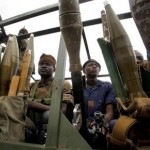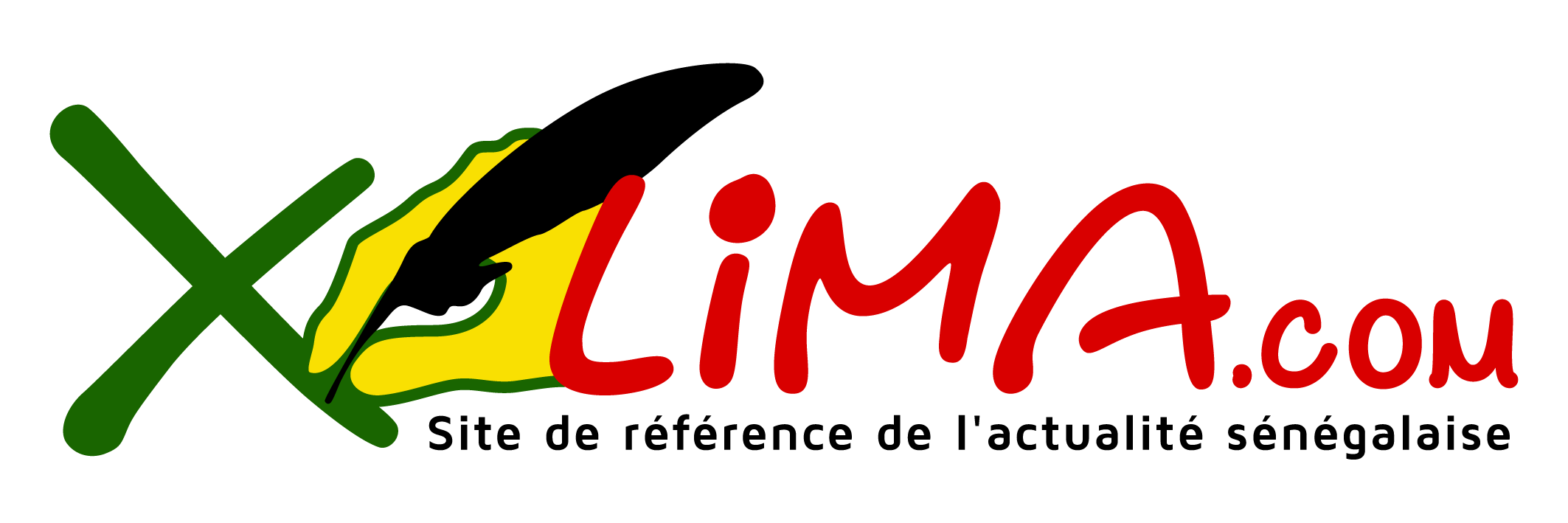 (CNN) — The west African country of Ivory Coast – also known as Cote d’Ivoire — has been rocked by civil conflict as forces loyal to opposition leader Alassan Ouattara seek to oust incumbent president Laurent Gbagbo after a disputed presidential election last November. Most of the international community recognize Ouattara’s victory and are urging Gbagbo to go.
(CNN) — The west African country of Ivory Coast – also known as Cote d’Ivoire — has been rocked by civil conflict as forces loyal to opposition leader Alassan Ouattara seek to oust incumbent president Laurent Gbagbo after a disputed presidential election last November. Most of the international community recognize Ouattara’s victory and are urging Gbagbo to go.
What’s the wider background to the unrest?
Ivory Coast, which won independence from France in 1960, is one of west Africa’s leading powers and, historically, had been one of its success stories.
It’s a young nation: 40% of its 21.5 million population are under the age of 14, while only 3% are older than 65.
During the late 1990s, Ivory Coast enjoyed an economic boom thanks to market liberalization and reform. Large numbers of economic immigrants flocked to the region to work in cash crop industries including coffee, palm oil, rubber and especially cocoa (Ivory Coast generates 40% of the world’s cocoa crop.)
But when the bubble burst, civil war followed, with economic migrants among the victims.
The country was unofficially divided in two. The government-held south is centered around Abidjan, the biggest city and commercial hub. It’s a strongly Christian region and home to many Gbagbo supporters, who have traditionally held positions of wealth and power in Ivory Coast In contrast Ouattara hails from the rebel-held north, which is dominated by Muslim immigrants who have become key businessmen and traders.
At the start of 2011 the United Nations peacekeeping force had an estimated 9,000 uniformed personnel stationed in Ivory Coast.
Is religion a key part of the conflict?
No. Muslims often live in the south of Ivory Coast while Christians also reside in the north.
The issue for many citizens is what constitutes an Ivorian – and this comes down to where someone lives rather than their religious beliefs. Gbagbo, for example, has made frequent play of Ouattara as being an outsider and unpatriotic.
Why was the election in November 2010 so important?
Gbagbo, who came to power in 2000 following a disputed vote, has repeatedly postponed democratic elections for the past decade.
A presidential election held on November 28 2010 declared Ouattara the winner – but Gbagbo alleged the vote had been rigged in the north. The United Nations said that while the election had suffered from vote rigging, the irregularities had not been enough to impact the result.
Since then the international community, including the United States, the EU, the African Union and regional body ECOWAS (the Economic Community Of West African States), have all recognized Ouattara’s victory and urged Gbagbo to go.
A United Nations resolution last week imposed sanctions on the incumbent president, his wife and three associates, demanding he leave immediately. It also gave more power to peacekeepers to protect civilians.
So why won’t President Gbagbo relinquish power?
Gbagbo and Ouattara have a long-standing rivalry. The incumbent president is also still bitter at the unofficial division of Ivory Coast nearly a decade ago.
To make a comparison: the government in nearby Sierra Leone suffered an upsurge in rebel attacks in 2000. A UK humanitarian mission to rescue foreign nationals soon resulted in the defeat of the rebels and allowed the government to stay in power. This did not happen in Ivory Coast – and instead the opposition has been able to flourish.
Why is the conflict coming to a climax now?
Economic sanctions imposed by the international community on Gbagbo have started to hit, making it hard for the incumbent president to pay salaries and buy resources to remain in power.
The defection of army chief Phillippe Mangou last week – he asked for asylum at the residence of the South African ambassador, the South African government said — has left Gbagbo severely weakened. Ouattara meanwhile continues to enjoy the support of the international community and appeals to government forces to join with the opposition.
What effect is the dispute having on the people of Ivory Coast and the region?
Last week the United Nations Operation in Côte d’Ivoire said that almost 500 people had been killed in fighting since mid-December – a number which has risen dramatically during the past few days.
Hamadoun Touré, the spokesman of the United Nations Operation in Côte d’Ivoire (UNOCI), said on March 31 in a statement that there had been the « settling of scores, summary executions, inhuman and degrading treatment, arbitrary arrests as well as pillaging on a grand scale, mainly in Daloa. » Daola is a regional capital and cocoa trading hub on the road from Liberia.
In addition the unrest has created large numbers of refugees: in March the U.N. said that there were between 200,000 and 300,000 people displaced in Abidjan alone. Nearly 85,000 refugees have arrived in Liberia, itself battered by conflict, since November, according to the Liberian government, the UNHCR and its partners.
The fear is that the conflict will only unsettle neighboring nations such as Liberia and Sierra Leone, which themselves have been torn by civil conflict and are only now starting to recover.
Why should the rest of the world care about Ivory Coast?
Aside from the humanitarian cost, Ivory Coast is one of the leading powers in western Africa. It represents a key test case for democracy in a region facing several elections this year. Voters in Nigeria head for the polls this month while in Liberia a general election is scheduled for the fall.
Africa’s recent history has been plagued by post-election violence, most notably in Kenya – one of the continent’s most stable democracies – where violence in 2007 left more than 1,000 dead.
Is there any appetite for the international community to intervene?
Not really. Former colonial power France, like the rest of the international community, is backing Ouattara. But Paris is reluctant to become too involved in ousting Gbagbo amid fears of repercussions against French citizens: many Ivorians, regardless of their political persuasion, still harbor animosity toward the former colonial power.
The United States and other western powers likewise support the opposition leader but are already engaged in the conflict in Libya.
Other African nations have backed Ouattara while some – such as South Africa – have given tacit support for Gbagbo. But all are wary of sending troops into Ivory Coast and are opposed to intervention by the west.
What is likely to happen next? Will Gbagbo flee into exile?
Gbagbo may consider stepping down – but may also be mindful of what happened to one fellow west African leader who did so. Former Liberian President Charles Taylor went into exile in Nigeria but is now on trial at The Hague in the Netherlands, facing allegations of war crimes and crimes against humanity.
With the fight for Abidjan deadlocked, the international community watching from on the sidelines and reports of widespread atrocities, the immediate outlook for Ivory Coast is bleak.
What’s causing the conflict in Ivory Coast?
Date:



